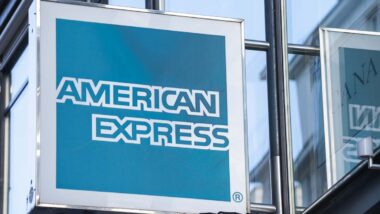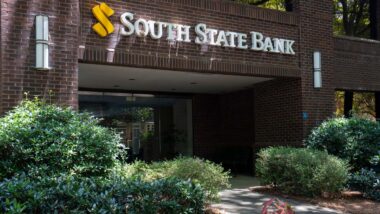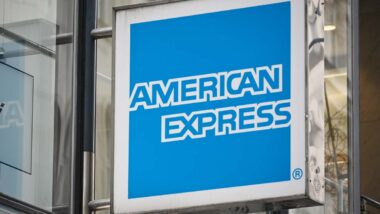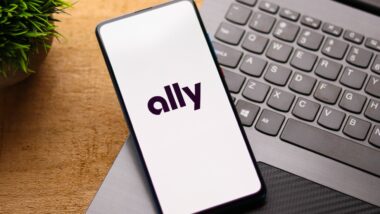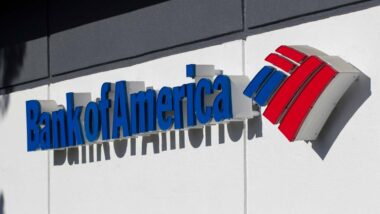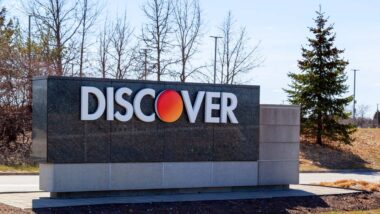Top Class Actions’s website and social media posts use affiliate links. If you make a purchase using such links, we may receive a commission, but it will not result in any additional charges to you. Please review our Affiliate Link Disclosure for more information.

In this latest effort, the House Financial Services Committee started at the top with the CEO of the bank that started it all, Tim Sloan, who heads Wells Fargo. During recent testimony on Capitol Hill, Sloan said that Wells Fargo‘s “company culture” has changed, acknowledging that “mistakes were made,” claiming that the bank has “made fundamental changes…to address those shortcomings.”
Members of the Committee were understandably skeptical, particularly in light of a recent story in the New York Times, reporting that bank employees are still being pressured to meet sales goals. These quotas, of course, are what led to the scandal in the first place.
The Fake Bank Accounts Scandal Goes Public
In 2016, information came to public attention about the opening of millions of unauthorized accounts in customers’ names at Wells Fargo Bank. These accounts were opened without the customers’ knowledge or consent. It turns out the low-level bank employees had been engaging in these scams because of extreme pressure by branch managers to reach unrealistic sales goals. Those who failed to meet quotas faced getting poor work evaluations and even termination.
Since then, the Office of the Comptroller of the Currency (OCC) began an investigation of over 40 more financial institutions. Although the OCC has refused to release the findings of their investigation, which was concluded in July of 2018, it was confirmed that evidence of fake bank accounts was indeed discovered at other banks. In the vast majority of cases, responsibility for the scandal was found to be unrealistic short-term sales goals imposed on employees in the absence of adequate risk controls.
Although Sloan and others claim that new procedures have been put in place to prevent the opening of fraudulent accounts, critics are concerned that there are no reliable ways of gauging such progress – particularly since the OCC refuses to release the results of its investigation.
Relying on Whistleblowers?
Meanwhile, the National Employment Law Project (NELP) has done its own investigation into the matter of fake bank accounts by interviewing the same employees who have been subjected to unreasonable sales quotas.
The information gathered from those interviews was published in July of 2016 in a report titled “Banking on the Hard Sell.” In her executive summary, NELP’s research director, Anastasia Christman, wrote, “[Bank] workers laboring under these onerous quota systems experience hostile work conditions, excessive stress, and uncertain incomes that make caring for themselves and their families nearly impossible.”
Small wonder that many of those employees felt compelled to pad their numbers with falsified accounts.
Abuses Uncovered
In addition to opening unauthorized bank accounts in customer’s names, Wells Fargo employees reportedly opened credit card accounts, forged customer signatures, and asked family members to open “ghost accounts.” Unfortunately, many bank customers who were victims of these practices did not become aware of what was going on until they began noticing unusual charges on their statements or were hit with unexpected fees.
An unauthorized bank accounts lawsuit investigation is now looking into banking sales practices at the following banks:
- Bank of America
- BOK Financial
- Capital One
- HSBC
- Royal Bank of Canada
- TD Bank
If you work at a bank and you and other branch workers are encouraged by your branch managers to engage in deceptive practices to meet sales goals, legal help is available. Learn more by filling out the free form on this page.
This article is not legal advice. It is presented
for informational purposes only.
ATTORNEY ADVERTISING
Top Class Actions is a Proud Member of the American Bar Association
LEGAL INFORMATION IS NOT LEGAL ADVICE
Top Class Actions Legal Statement
©2008 – 2024 Top Class Actions® LLC
Various Trademarks held by their respective owners
This website is not intended for viewing or usage by European Union citizens.
Get Help – It’s Free
Join a Free Bank Employee Fake Bank Accounts Class Action Lawsuit Investigation
If you qualify, an attorney will contact you to discuss the details of your potential case at no charge to you.
PLEASE NOTE: If you want to participate in this investigation, it is imperative that you reply to the law firm if they call or email you. Failing to do so may result in you not getting signed up as a client or getting you dropped as a client.
E-mail any problems with this form to:
Questions@TopClassActions.com.
Oops! We could not locate your form.

